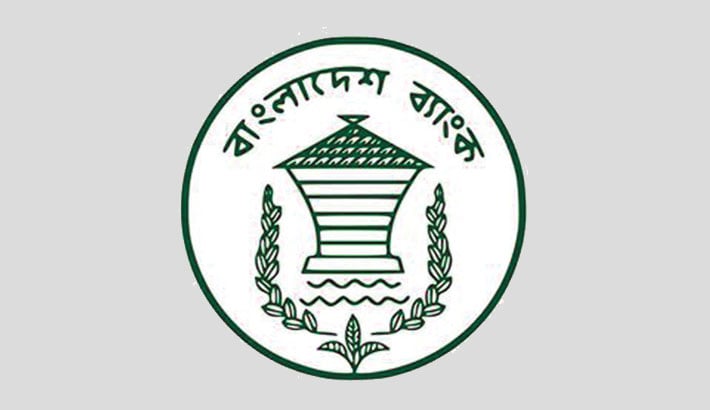News Flash
News Flash

DHAKA, Nov 18, 2025 (BSS) - The Monetary Policy Committee (MPC) of Bangladesh Bank (BB) has decided to maintain its existing contractionary monetary policy stance, emphasizing the need to safeguard macro-financial stability and price stability, according to a statement released today following its tenth meeting held on November 3, 2025.
The meeting was chaired by Dr. Ahsan H. Mansur, Governor of Bangladesh Bank, and attended by key members including Dr. Md. Habibur Rahman (Deputy Governor), Dr. Mohammad Akhtar Hossain (Chief Economist), and others from BIDS and the University of Dhaka.
The committee reviewed the current economic landscape, evaluating macroeconomic outlooks both domestically and globally, while paying close attention to inflation trends, growth prospects, and external sector developments.
Mohammad Akhtar Hossain presented empirical evidence concerning the possible flattening of the Phillips curve relationship in Bangladesh and its implications for rules-based monetary policy for short-term economic stabilization.
The MPC concluded that while inflation is gradually easing and the foreign exchange market remains stable, maintaining the current policy stance is essential. The objective of the contractionary monetary policy is to lower inflation from its present rate of about 8 percent.
The positive real policy rate reflects this contractionary stance, having moved significantly from a negative rate of about 2 percent to 1.64 percent* at the end of September 2025.
Headline inflation eased to 8.36 percent in September 2025, down from 9.91 percent recorded a year earlier.
Food inflation showed a marked decline, falling to 7.64 percent from 10.40 percent during the same period.
Non-food inflation edged down slightly to 8.98 percent from 9.49 percent.
Core inflation (excluding food and fuel), an indicator closely linked to monetary policy, decreased substantially to 6.19 percent at the end of September 2025, down from 8.95 percent at the end of June 2025.
In the financial sector, the MPC observed a downward shift in the yield curve, indicating a broad-based decline in interest rates driven by increased investment demand for T-bills and bonds.
The weighted average call money rate dropped to 9.74 percent in October 2025, down from 10.01 percent in June 2024. Similarly, the interbank average repo rate decreased to 9.88 percent at the end of October 2025, compared to 10.07 percent at the end of June 2025, noting that these interbank rates are currently lower than the policy repo rate.
Although monetary aggregates are within their projected path, private-sector credit growth has slowed.
This subdued growth is attributed primarily to lower credit demand from non-bank depository corporations** amid ongoing uncertainties surrounding the upcoming national election.
The external sector showed moderate growth in exports, though import growth surged following Bangladesh Bank's liberalization of LC margins on essential imports aimed at the upcoming Ramadan period. Furthermore, remittance inflows thrived during the July-September period.
The MPC noted the positive outcomes of the flexible exchange rate regime. To maintain stability, the committee advised monitoring the U.S. dollar index as a benchmark for assessing the sustainability of Bangladesh's exchange rate stability.
Other recommendations included building foreign exchange reserves, strengthening market communication, and aligning intervention strategies with international best practices to contain the competitiveness of the currency.
Looking ahead, the committee anticipated several immediate inflation risks, including loss of Aman paddy in certain areas due to adverse weather conditions, inflationary tailwinds arising from the approaching national election, increased demand and consumer spending associated with the approaching Ramadan period and the potential announcement of a new national pay scale.
However, the MPC expects that the current inflation pressure will likely moderate as the Aman harvest and winter crops bolster food supply, global commodity prices continue to soften, and the exchange rate remains reasonably stable.